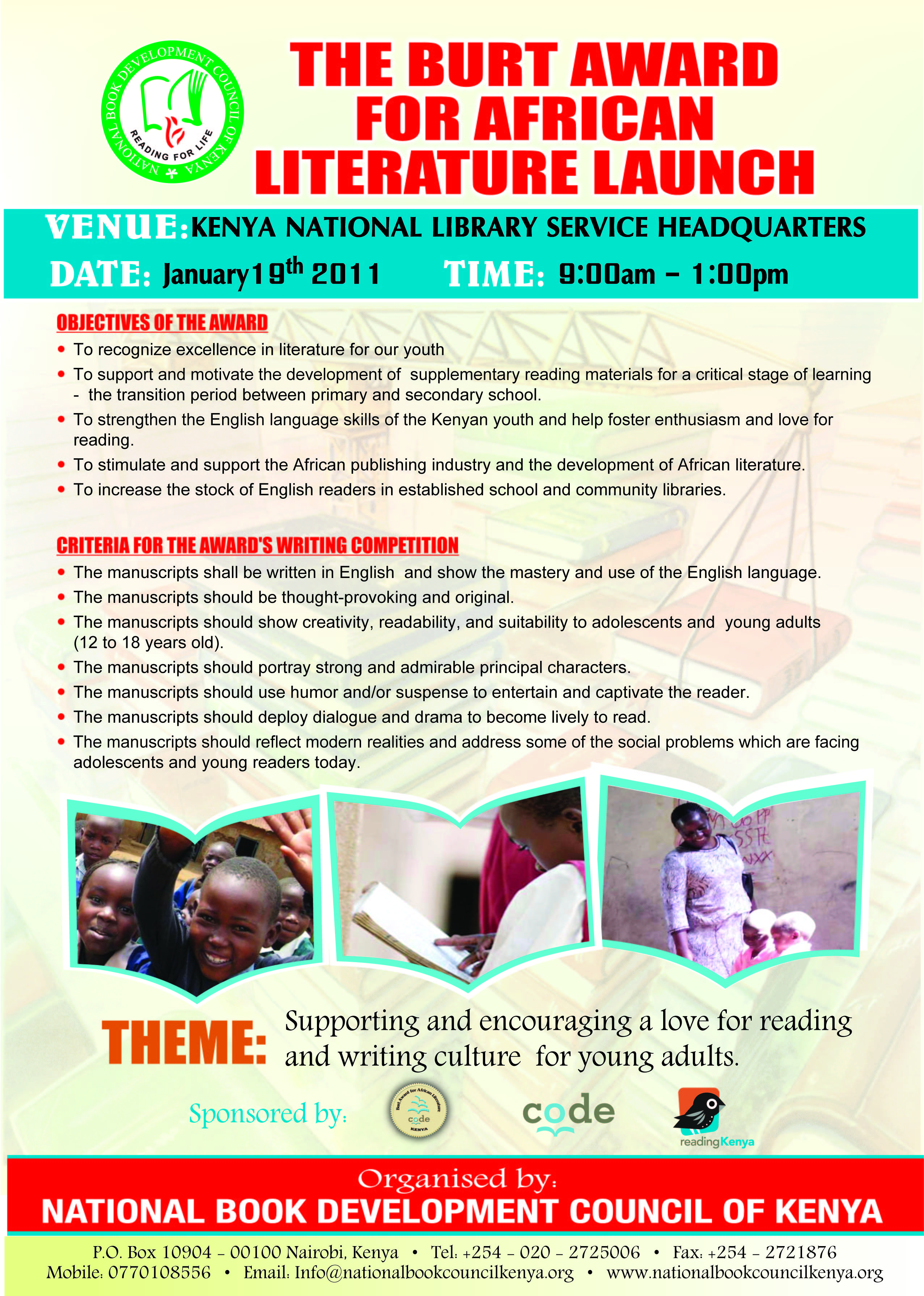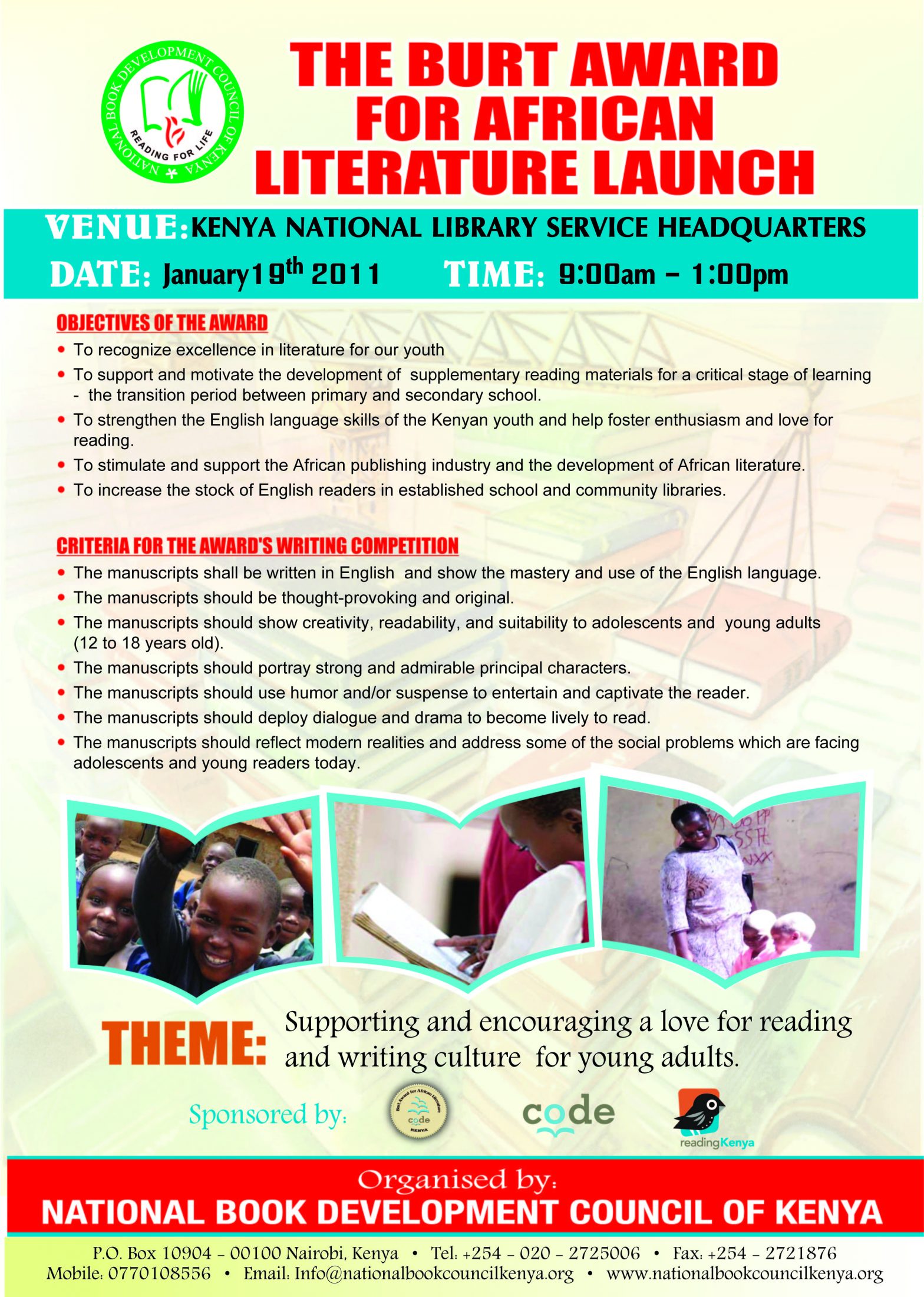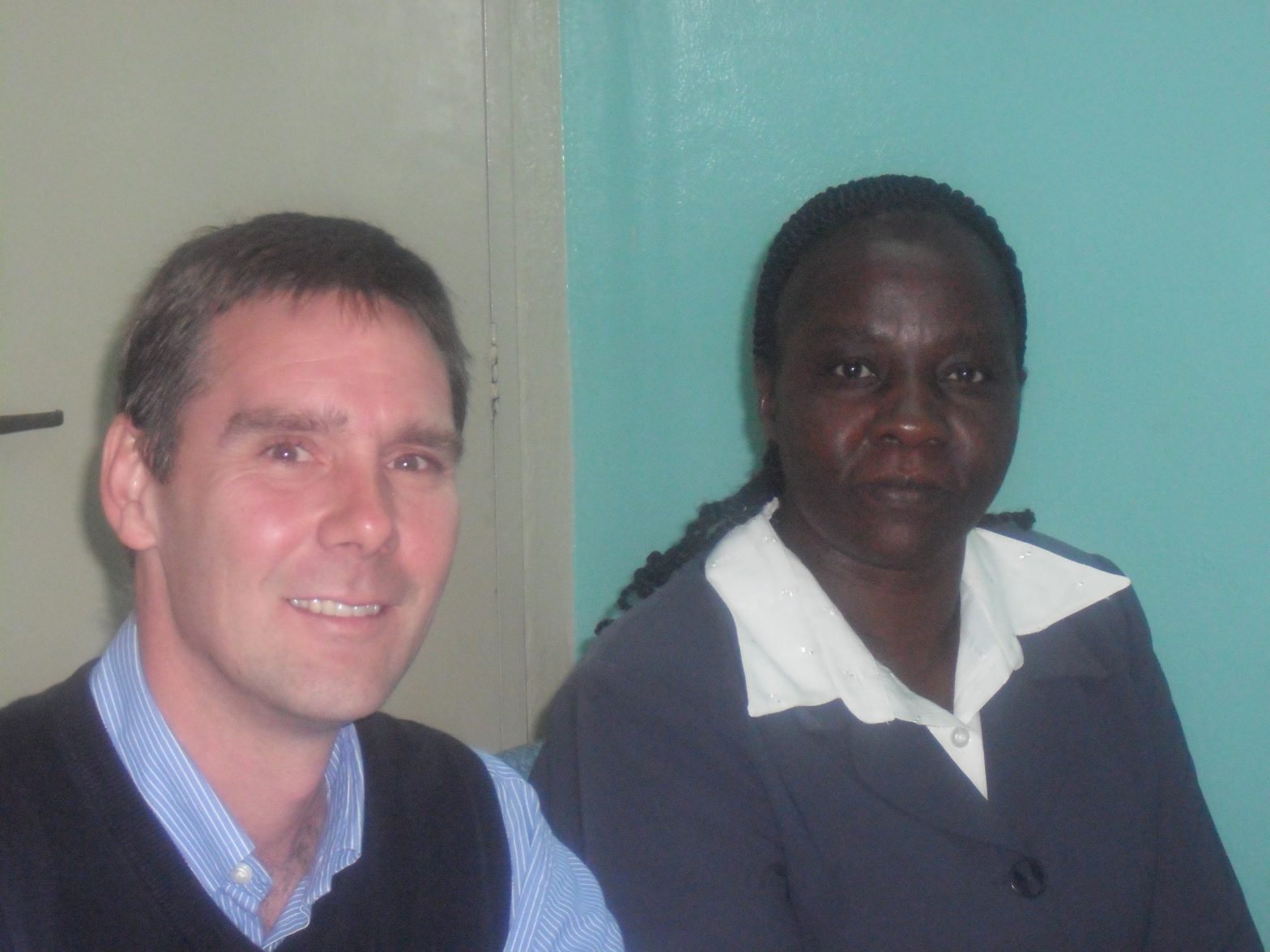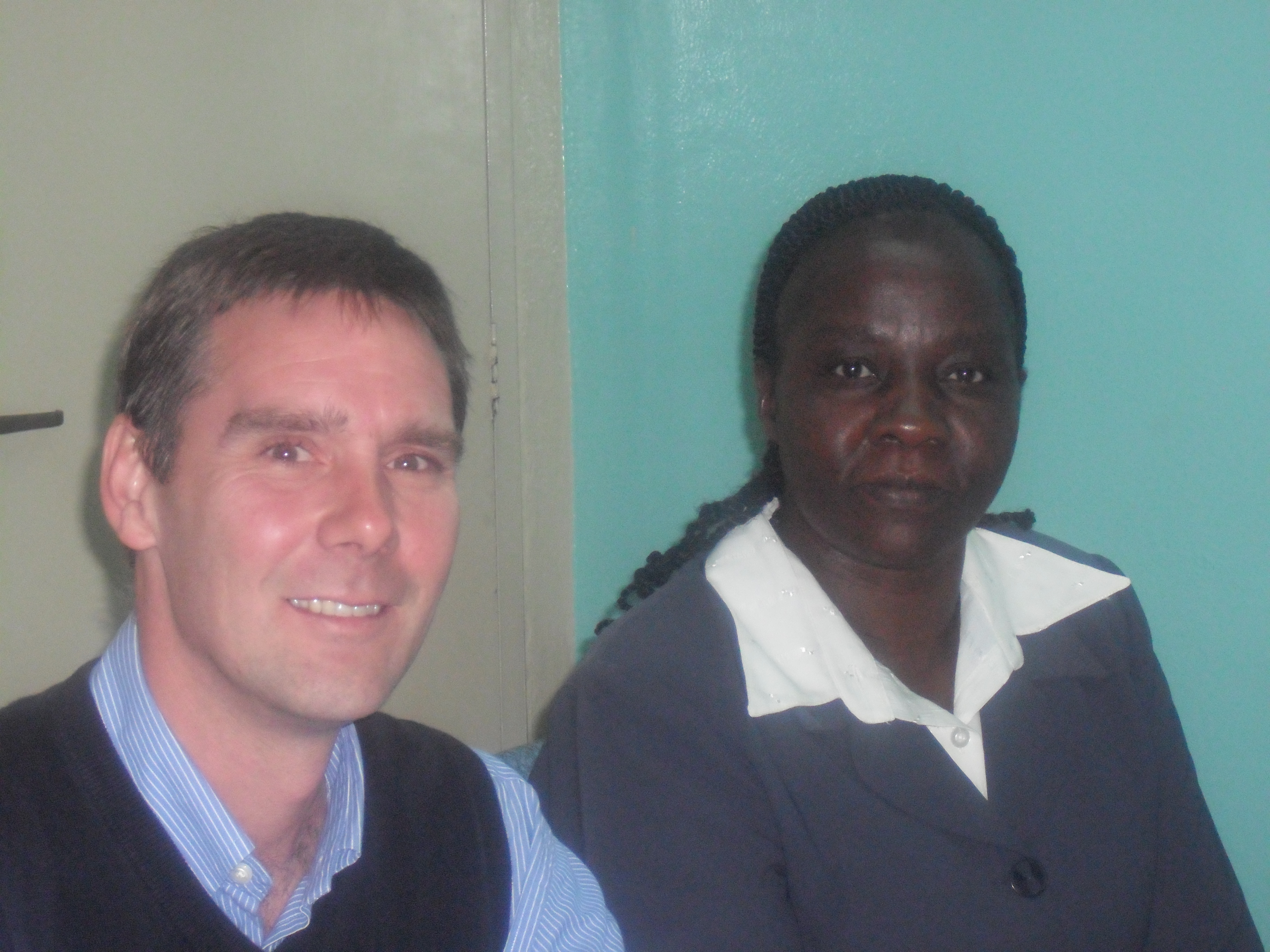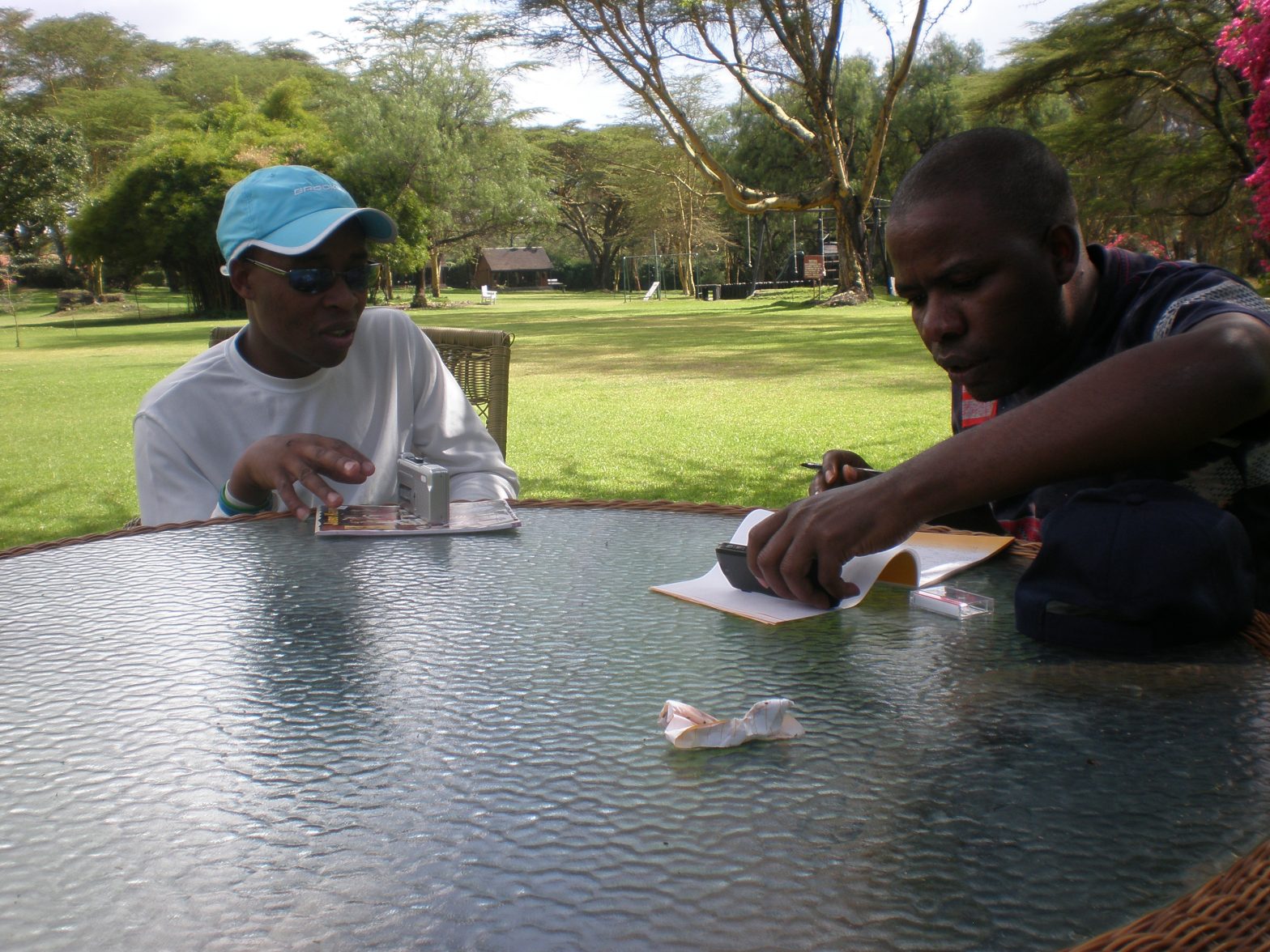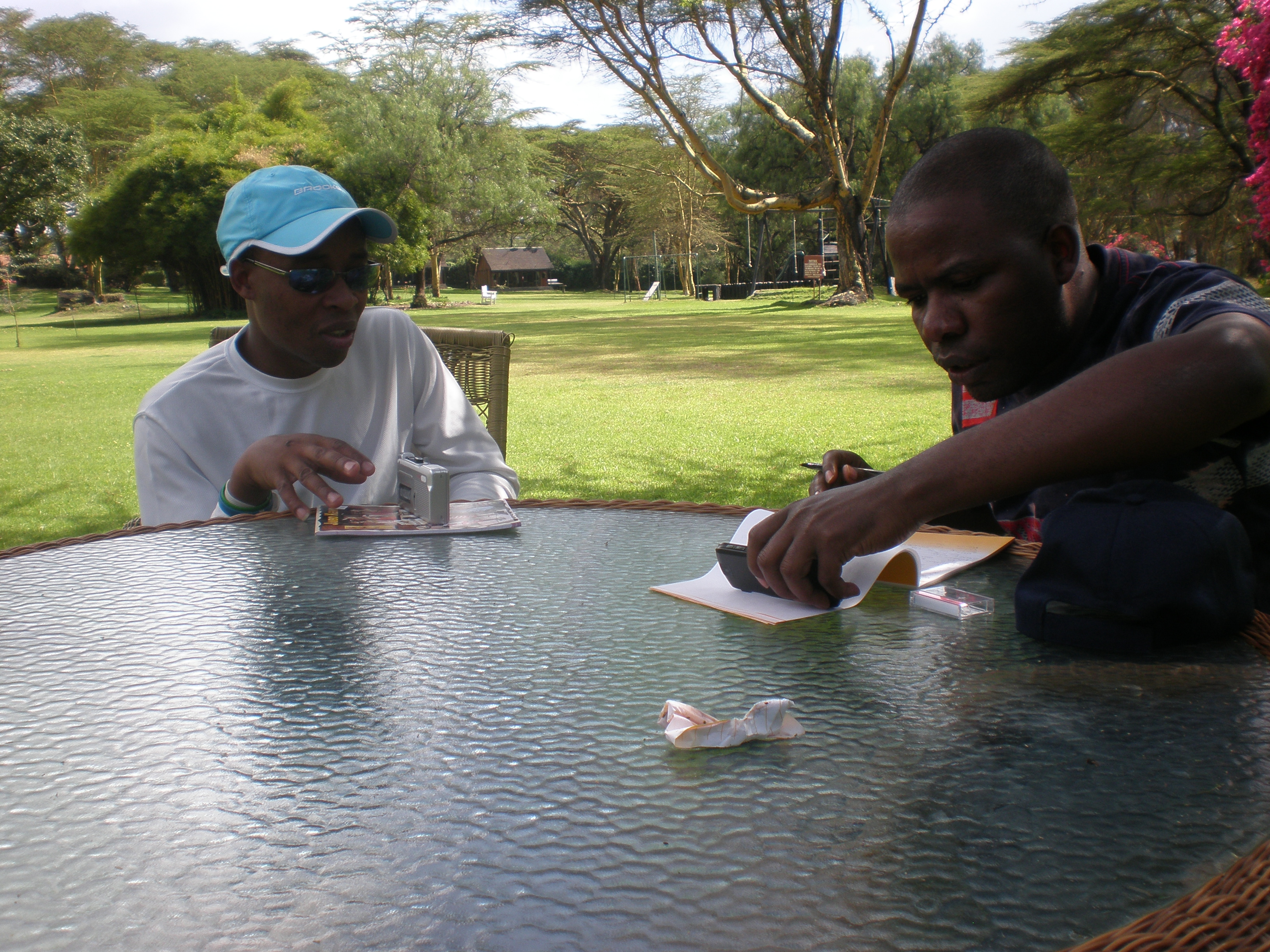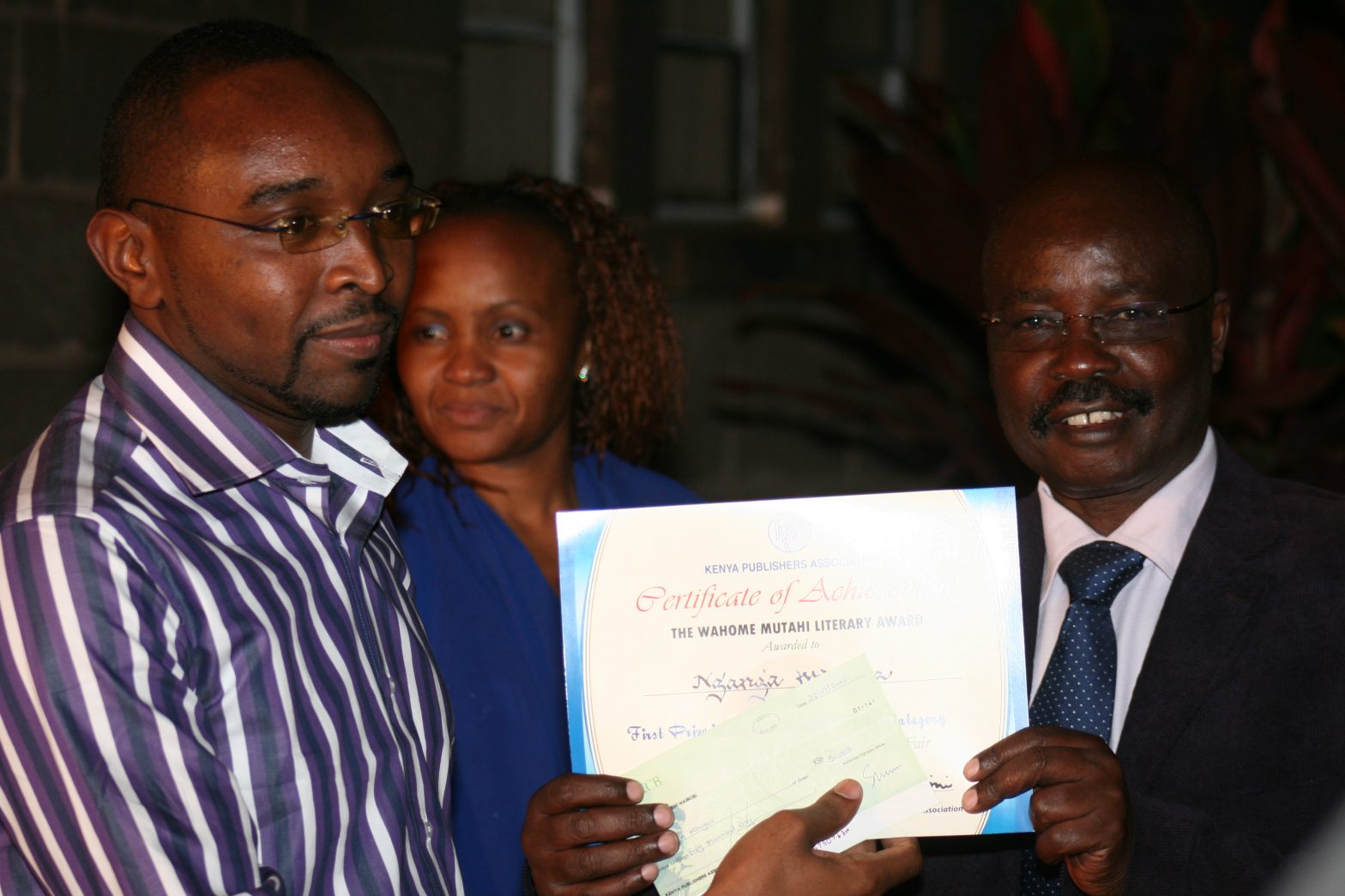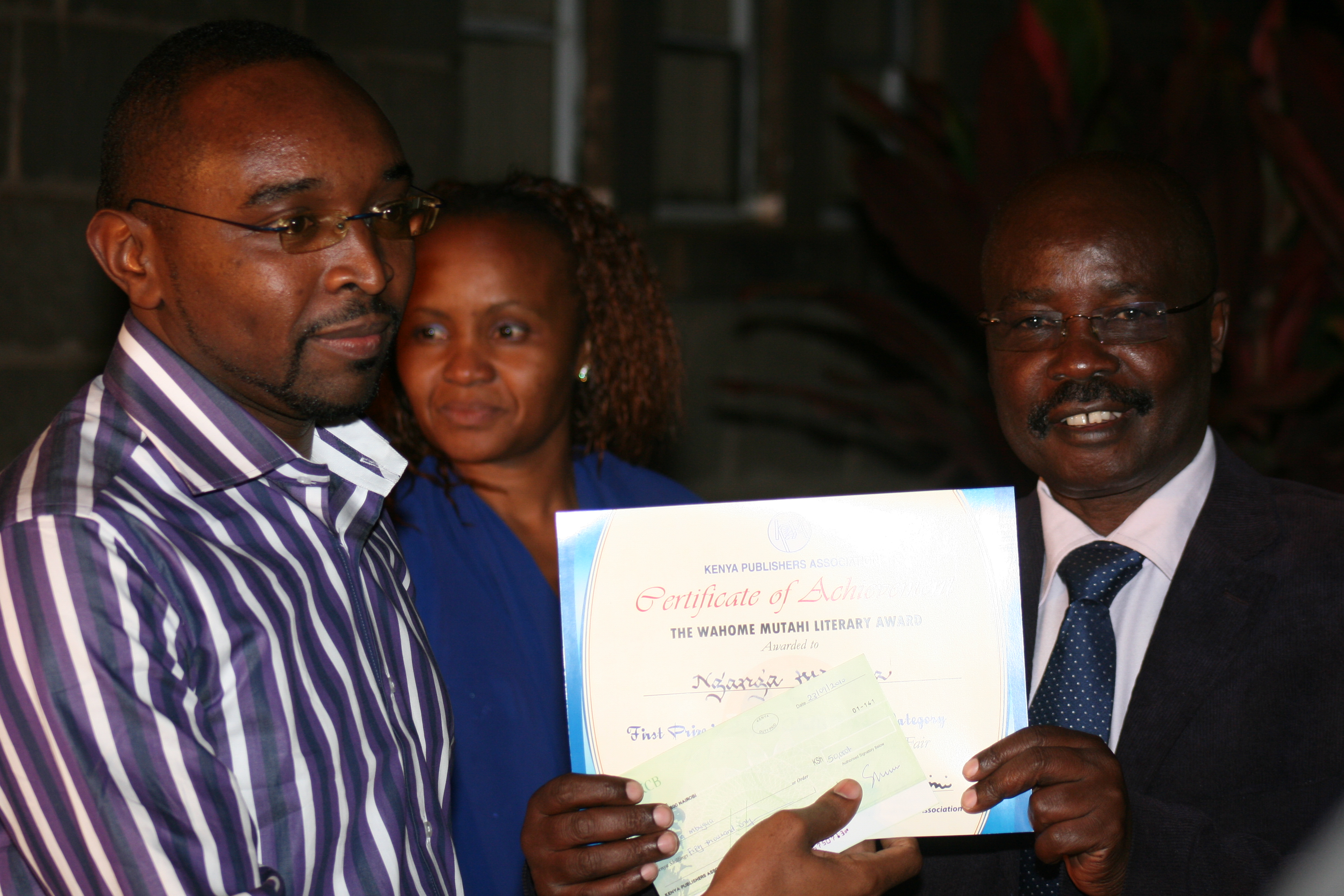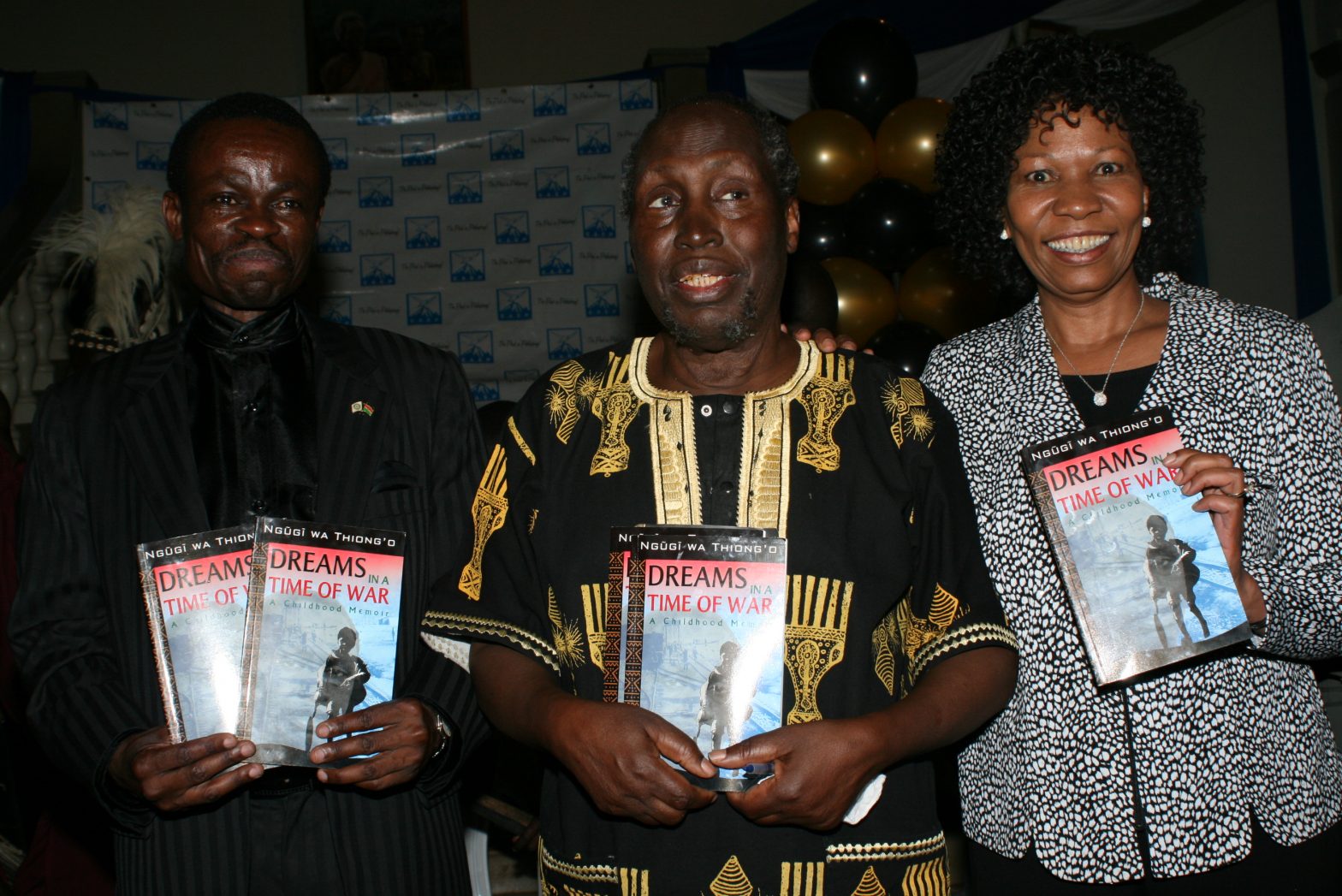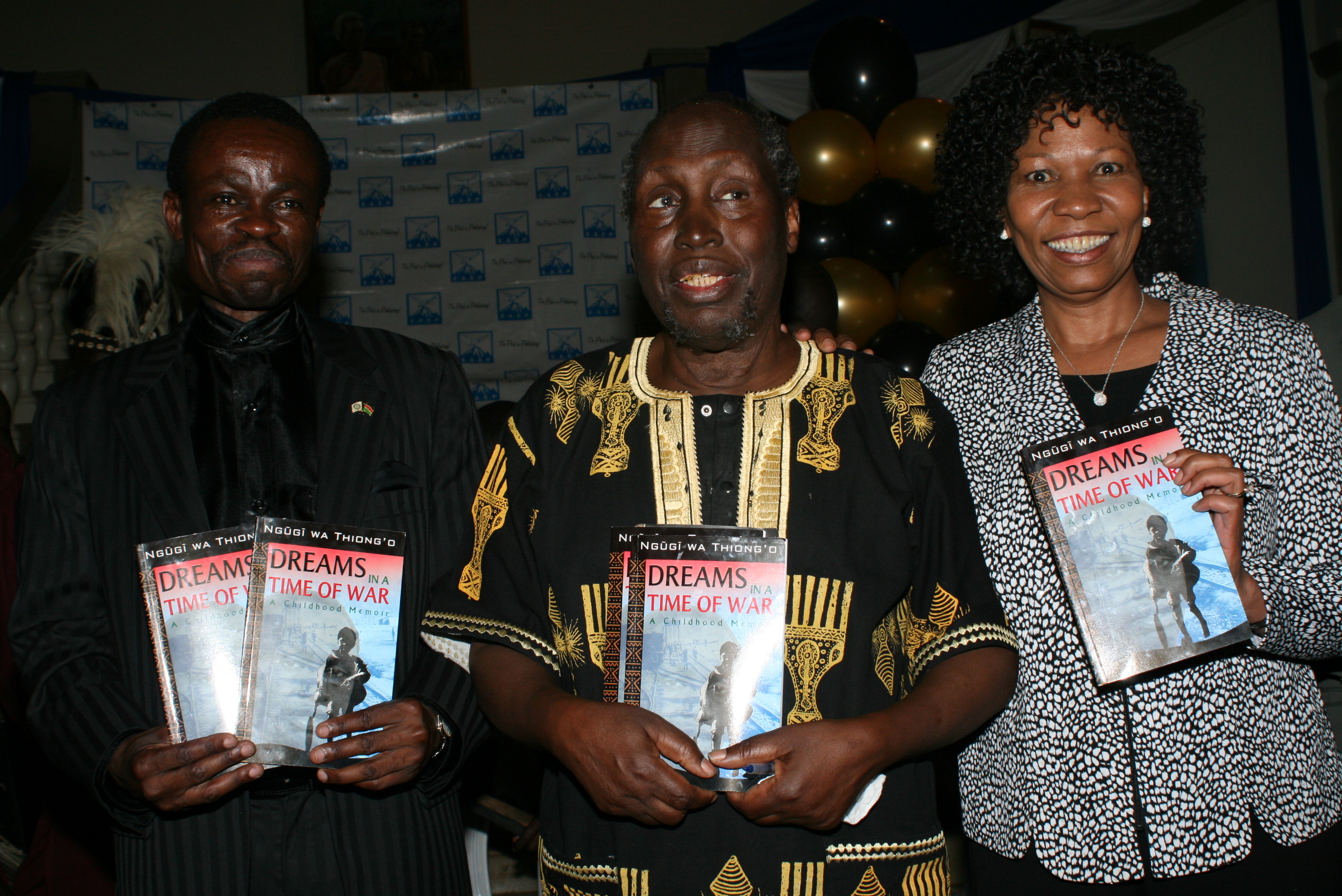Whenever explanations are sought on poor performances, in English or Kiswahili, in national exams, Sheng is always on the surface waiting to be summoned, on short notice, and vilified for being such a diabolical influence on these two ‘pure’ languages.
Ever since it came into existence, Sheng has always been considered the bastard child in the family of Kenya’s languages. All ‘nice and proper’ Kenyan languages, including mother tongues, have a thing or two against Sheng.
That bile notwithstanding, today, Sheng has become the unofficial language of the masses. So popular has Sheng become almost every Kenyan wants to be identified with the language.
The popularity of Sheng has to do with its accommodative nature. It borrows generously from Kiswahili, English, and local Kenyan languages, thus there is something for every person who uses it. What is more, unlike other languages we know, Sheng does not discriminate according to class.
Maybe the scholars who are accusing Sheng of various ills should explain why a language not taught in schools is giving established languages like English, and Kiswahili, which are taught up to university level, sleepless nights.
Sheng came into existence sometime in the sixties and was invented, out of necessity, by young people who needed to understand each other and lock out patronizing adults from their conversations. It can be argued that Sheng is a product of early urbanization by Africans during the colonial period.
When the white man embarked on the colonial adventure he knew that in order to make the natives answerable to him he had to severe the cords that held together African communities. One way of doing this was by monetizing the economy and introducing mandatory taxation for every African adult. Africans were thus forced to seek employment in order to raise money with which to pay taxes.
And since Nairobi was the seat of government, Africans from different communities settled there in search of employment. Meanwhile these immigrants got children who in order relate with each other had to come up with a mode of communication that was acceptable to them. That is how they borrowed from English, Kiswahili and their native tongues, thereby giving birth to Sheng. Thus, at that time, Sheng served two major roles; one was a metaphorical meeting place between young people drawn from the various communities, and two as an avenue where they could discuss their own issues without having to worry about nosy adults.
Today, with the urbanization of other towns around the country, Sheng has been decentralized to a level where every urban centre has its version of the language. Now back to our question; why is a language picked up informally in the streets threatening languages that are taught in schools? Or to put it in another way, should languages teachers borrow a leaf from Sheng and make teaching of English and Sheng more interesting? One of the key attractions of Sheng is that apart from being quite expressive it is fun to use.
However, top of all, and what really freaks out educationists, is the fact that there are no rigid rules governing the usage of Sheng unlike in English and Kiswahili. I, for one, do not buy the argument that Sheng can affect performance in other languages. Recently, when Prof Ngugi wa Thiong’o was in the country for the Kwani Litfest, he said that in order to be proficient in any language one has to be patient and take time to study that it. Ngugi was responding to claims by some Kenyans that their local languages are ‘difficult’ to read.
“Even European children were not born with automatic knowledge of their language,” said Ngugi. “They have to go to school and learn their languages.” It is the same with Kiswahili and English. Students need to take keener interest in their studies in order to be proficient in those subjects.
Blaming Sheng is therefore a lazy man’s way of explaining things. It all boils down to discipline; knowing when to use what language; just like you can’t wear pajamas to work, or a suit to the shower.
And if Sheng is the evil that is made out to be, why are all companies falling over themselves to use it in their advertising slogans? Picture a copy writer, who grew up being told that Sheng is a language to be avoided at all costs, who now finds a bosses ordering them to come up with “appropriate phrases in Sheng!” Woe unto you if you followed the advice and avoided Sheng like the plague.
It is ironical that the scholars and educationists turning blue in the face badmouthing Sheng had no problem teaching Chinua Achebe’s Man of the People, a novel written almost entirely in Nigerian pidgin. Did you know that scholars in Europe and the US are so fascinated in the phenomenon that is Sheng that they are studying it at PhD level? You heard it right, PhD level! Don’t be surprised the next time you visit a prestigious university in the West and encounter a white Sheng expert, and they are many. And these so-called experts travel all the way to Kenya to do their research.
So, instead of giving Sheng a bad name, we should instead embrace it and milk it for all its worth. We could start by establishing research centres, where all those foreigners can pay to get information. Finally, and at the risk of being lynched by policy makers, I would suggest that some courses, like IT, be offered in Sheng. You would be surprised by how well it might be received. C’mon people, can’t we try something different for a change? It is President Obama who keeps mocking people who keep on doing the same things yet expecting different results.
